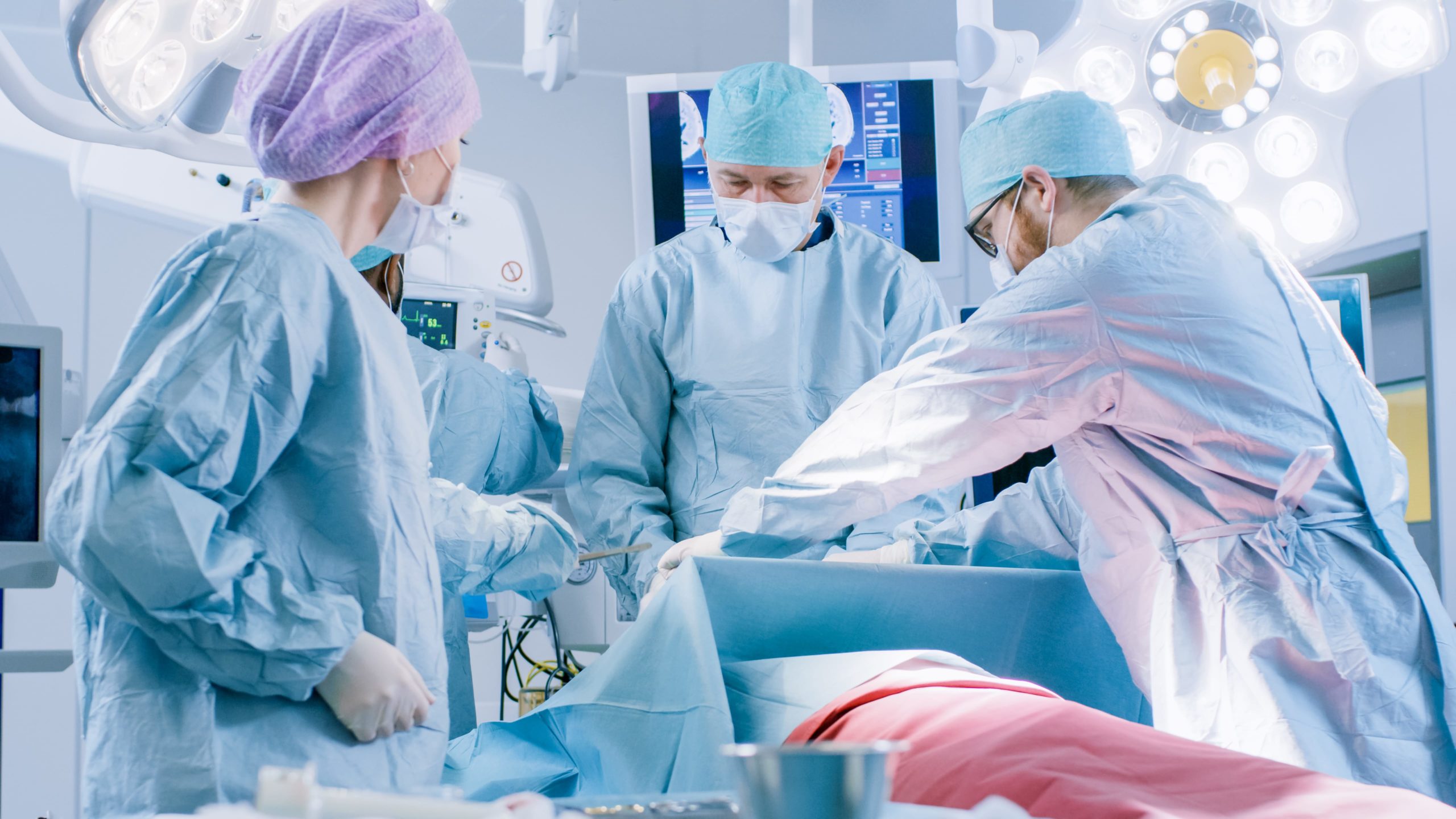Brain surgery is an umbrella term that encompasses different surgical operations used to treat problems in the brain and surrounding structures. The need for brain surgery can be due to birth defect, disease, injury (such as traumatic brain injury), or other complications. The brain is the most complex organ in the body. It controls all areas of functioning, including thought, memory, emotion, touch, motor skills, vision, breathing, temperature, hunger, and every process that regulates our body. The Cleveland Clinic asserts that “brain surgery aims to treat problems without disrupting these important functions.” Immediately after brain surgery, an individual will be closely monitored by his or her health care team. Brain surgery is different for each person, and the recovery process from brain surgery will be different for everyone.
There are several suggestions that can help to enhance one’s treatment (e.g., engaging in regular exercise can stimulate circulation within the limbs and prevent the formation of blood clots, deep breathing exercises can help an individual avoid developing lung infections, etc.) as well as a variety of precautions with which to follow post brain surgery. While each person will have nuanced needs after brain surgery, there are several common and overarching precautions, some of which may include but are not limited to the following examples:
- Prioritize wound care.
- Gradually build endurance and exercise tolerance by increasing activity levels slowly.
- An individual is encouraged to take cues from his or her body and when feeling light-headed or tired after exercising, it is imperative to rest and decrease the amount of energy exerted.
- Avoid strenuous activities such as lifting or moving heavy weights or straining when passing stool.
- An individual should not drive or operate heavy machinery until cleared to do so by his or her treating physician.
- Always listen to your body, and do not attempt to push yourself beyond your limits.
The recommended precautions after brain surgery will be distinct for everyone, as factors such as the type of brain surgery, the occurrence of any complications during the procedure, as well as the area of the brain that was operated on will all contribute to what is best for the individual.
For Information and Support
If you are concerned for yourself or a loved one regarding substance abuse and/ or addiction, we recommend reaching out for help as soon as possible. If left untreated, substance abuse can result in long-lasting and potentially life-threatening consequences. Keep in mind: you are not alone! There is an entire network of professionals that are available to help and support you and your loved one throughout the recovery process. The earlier you seek support, the sooner your loved one can return to a happy, healthy, and fulfilling life.
Please do not hesitate to reach out with any questions regarding our specific program at Haven House Addiction Treatment and/ or general substance abuse and/ or addiction treatment-related information. Our highly trained staff is readily available to discuss how we might best be able to help you and your loved one. We can be reached by phone at 424-258-6792. You are also welcome to contact anytime us via email at admissions@hhtxc.com.



